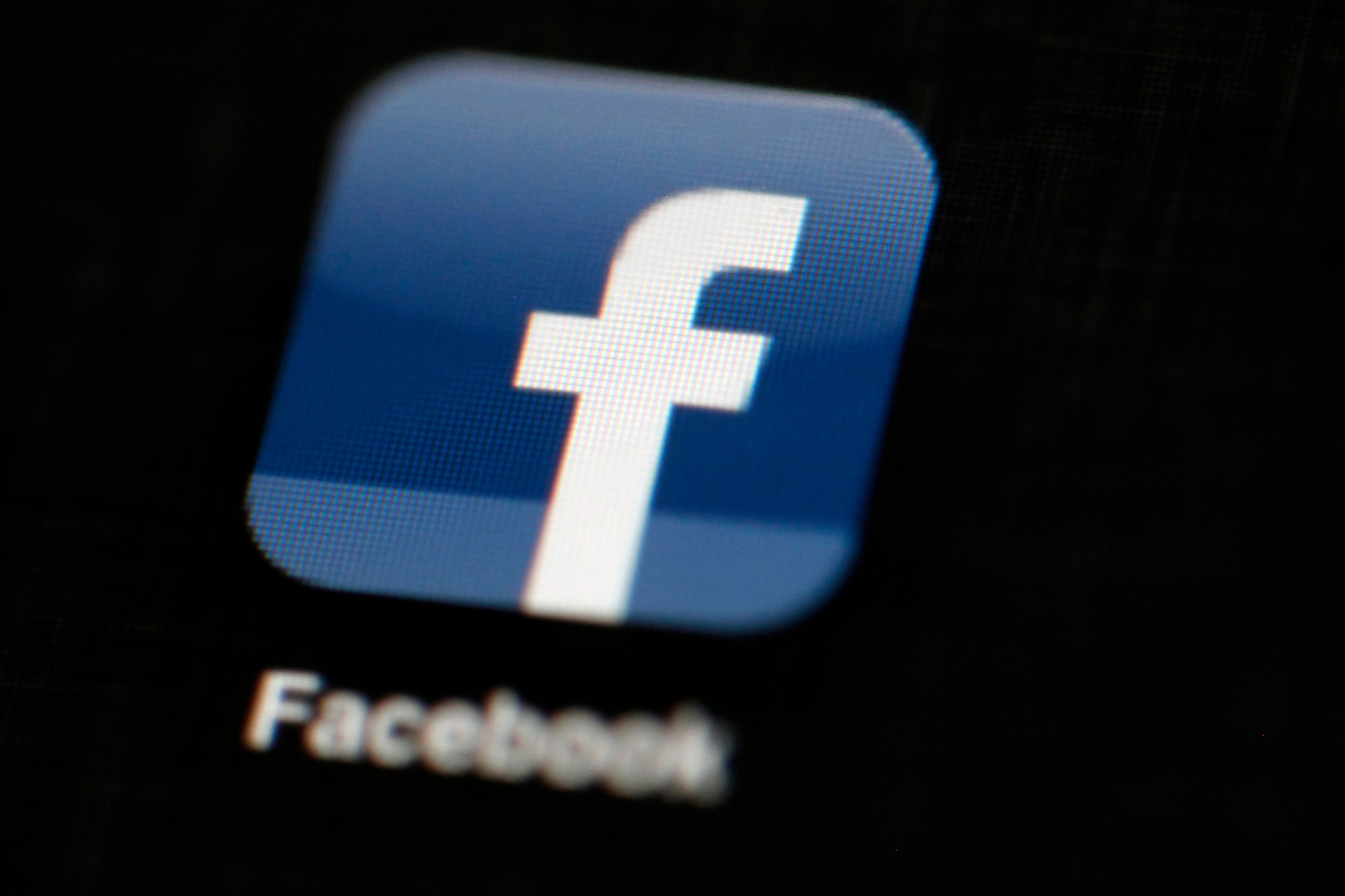Russia fines Facebook, Telegram over banned content
Russian authorities have ordered Facebook and messaging app Telegram to pay steep fines for failing to remove banned content

Your support helps us to tell the story
From reproductive rights to climate change to Big Tech, The Independent is on the ground when the story is developing. Whether it's investigating the financials of Elon Musk's pro-Trump PAC or producing our latest documentary, 'The A Word', which shines a light on the American women fighting for reproductive rights, we know how important it is to parse out the facts from the messaging.
At such a critical moment in US history, we need reporters on the ground. Your donation allows us to keep sending journalists to speak to both sides of the story.
The Independent is trusted by Americans across the entire political spectrum. And unlike many other quality news outlets, we choose not to lock Americans out of our reporting and analysis with paywalls. We believe quality journalism should be available to everyone, paid for by those who can afford it.
Your support makes all the difference.Russian authorities on Thursday ordered Facebook and the messaging app Telegram to pay steep fines for failing to remove banned content, a move that could be part of growing government efforts to tighten control over social media platforms amid political dissent.
A Moscow court fined Facebook a total of 17 million rubles (roughly $236,000) and Telegram 10 million rubles ($139,000). It wasn't immediately clear what type of content the platforms failed to take down.
It was the second time both companies have been fined in recent weeks. On May 25, Facebook was ordered to pay 26 million rubles ($362,000) for not taking down content deemed unlawful by the Russian authorities. A month ago, Telegram was also ordered to pay 5 million rubles ($69,000) for not taking down calls to protest.
Earlier this year, Russia's state communications watchdog Roskomnadzor started slowing down Twitter and threatened it with a ban, also over its alleged failure to take down unlawful content. Officials maintained the platform failed to remove content encouraging suicide among children and containing information about drugs and child pornography.
The crackdown unfolded after Russian authorities criticized social media platforms that have been used to bring tens of thousands of people into the streets across Russia this year to demand the release of jailed Russian opposition leader Alexei Navalny, President Vladimir Putin's most well-known critic. The wave of demonstrations has been a major challenge to the Kremlin.
Officials alleged that social media platforms failed to remove calls for children to join the protests. Putin has urged police to act more to monitor social media platforms and to track down those who draw children into “illegal and unsanctioned street actions.”
The Russian government’s efforts to tighten control of the internet and social media date back to 2012, when a law allowing authorities to blacklist and block certain online content was adopted. Since then, a growing number of restrictions targeting messaging apps, websites and social media platforms have been introduced in Russia.
The government has repeatedly aired threats to block Facebook and Twitter, but stopped short of outright bans — probably fearing the move would elicit too much public outrage. Only the social network LinkedIn, which wasn’t very popular in Russia, has been banned by authorities for its failure to store user data in Russia.